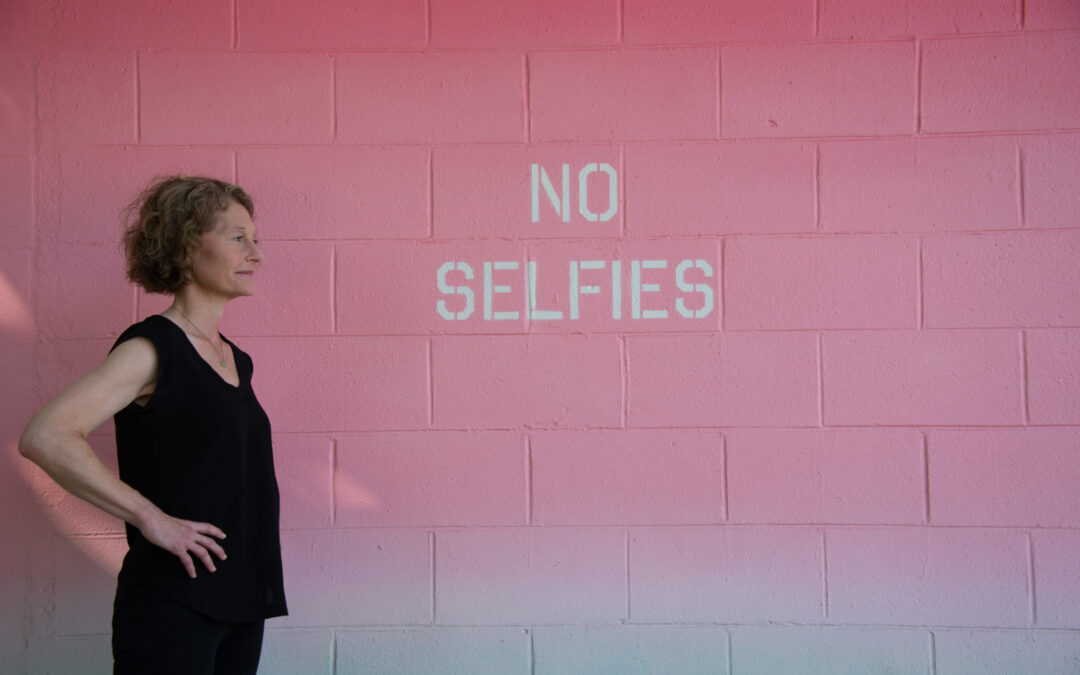Lipscomb’s very own associate professor, Dr. Jan Harris, released a book of poetry last fall titled “Isolating One’s Priority in a Time of Crisis“. With themes of love in the time of disaster, Harris’s free-verse poetry book covers the subject of life after the end of the world. That made me curious to see who Dr. Harris was and what her process was to create such art and where inspiration comes from.
“I think for me inspiration comes in a lot of ways,” Dr. Harris said. “It’s really language. I start with a phrase or maybe an image that I want to return to and try to form words around it. Thinking about a topic and idea and trying to find an image that allows the expression of that in a way that creates space for a lot of people to engage.”
Harris stresses the importance of making sure the poem was able to let the audiences’ experiences find the emotional center of the poem no matter what their experience was.
Dr. Harris said, “That’s where it’s different than fiction since you need to give it an emotional resonance with your audience.”
Dr. Harris has been writing most of her life. When she was an undergrad there wasn’t a creative writing program, but she did participate in the school magazine in which she published some poetry. Though she graduated grad school with an unrelated degree, she always felt drawn back to writing and poetry.
“Like most people who are writers, I kept trying to do things more practical,” Dr. Harris said, before telling me she went back into writing even if it didn’t seem practical to the rest of the world.
Regarding her writing process, Dr. Harris stated that she meditates, exercises, and runs in order to get in the right space.
Dr. Harris said, “I’m a conceptual thinker so I must integrate my body and mind in order to write well.”
And what Dr. Harris said was that she has found it interesting to watch her students over the years finding their own processes for writing. And as for advice for aspiring poets, she gave a list of things to do:
- Take a poetry class.
- Trust your gift. The point is not how good you are right now but to grow as a writer.
- Let people read your work.
“Poetry is your birthright,” Dr. Harris said. “As a human being, you have the ability to write and express yourself in poetry. My biggest advice is to not worry about it. Give yourself permission to write bad poems and make a mistake.”
Lastly, I asked what message Dr. Harris wanted readers to take away from her book.
“It’s funny because ostensibly I wrote a book about after the end of the world,” Dr. Harris started, “but after going back and reading it, I realized I wrote a book about love. When the world falls apart in the end, what really matters is how we love one another and treat one another with respect and dignity. It’s about loving one another in the face of disaster.”
And what better time to apply this message to our day-to-day lives. In a world that is growing increasingly more and more divisive, to walk in love is a true gift to share with the people around us. Dr. Harris writes a timely piece which she hopes will share with the world a message of love that will last even after a crisis.
Photo Courtesy of Dr. Jan Harris

